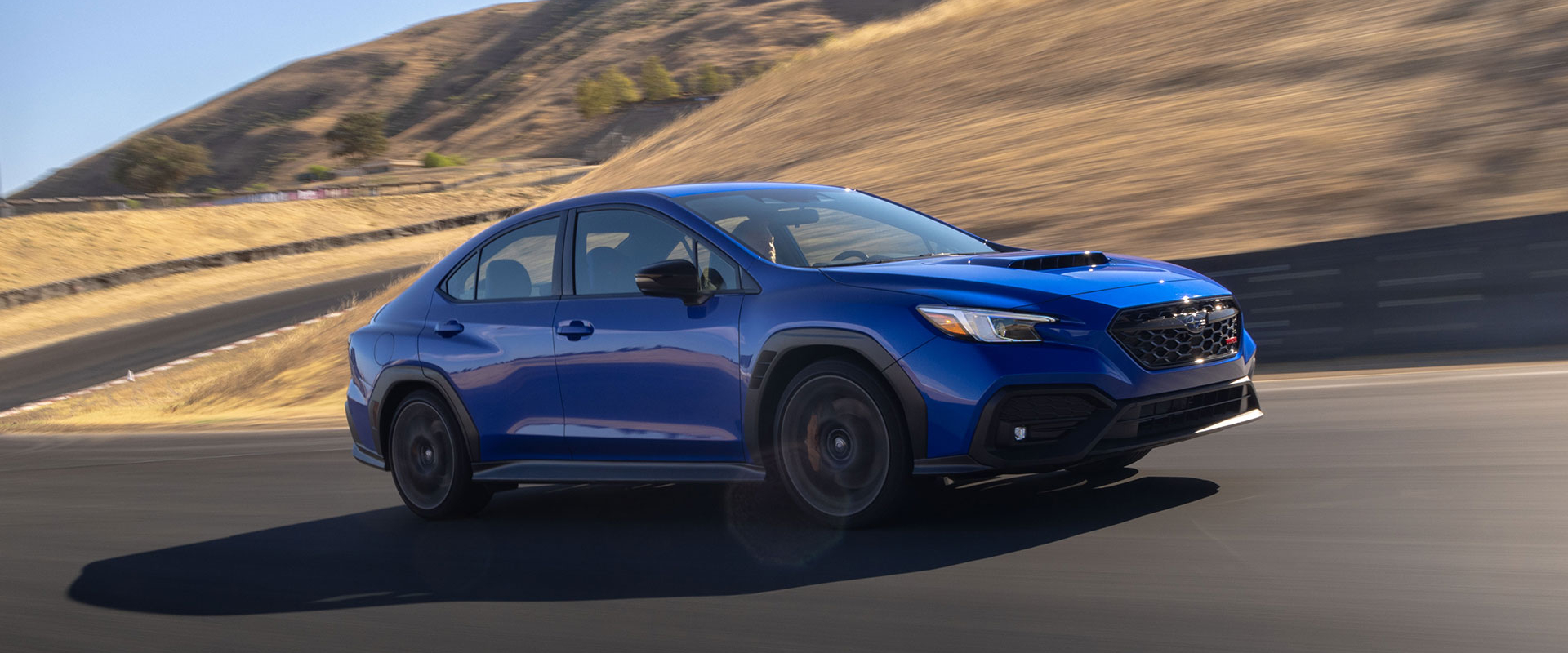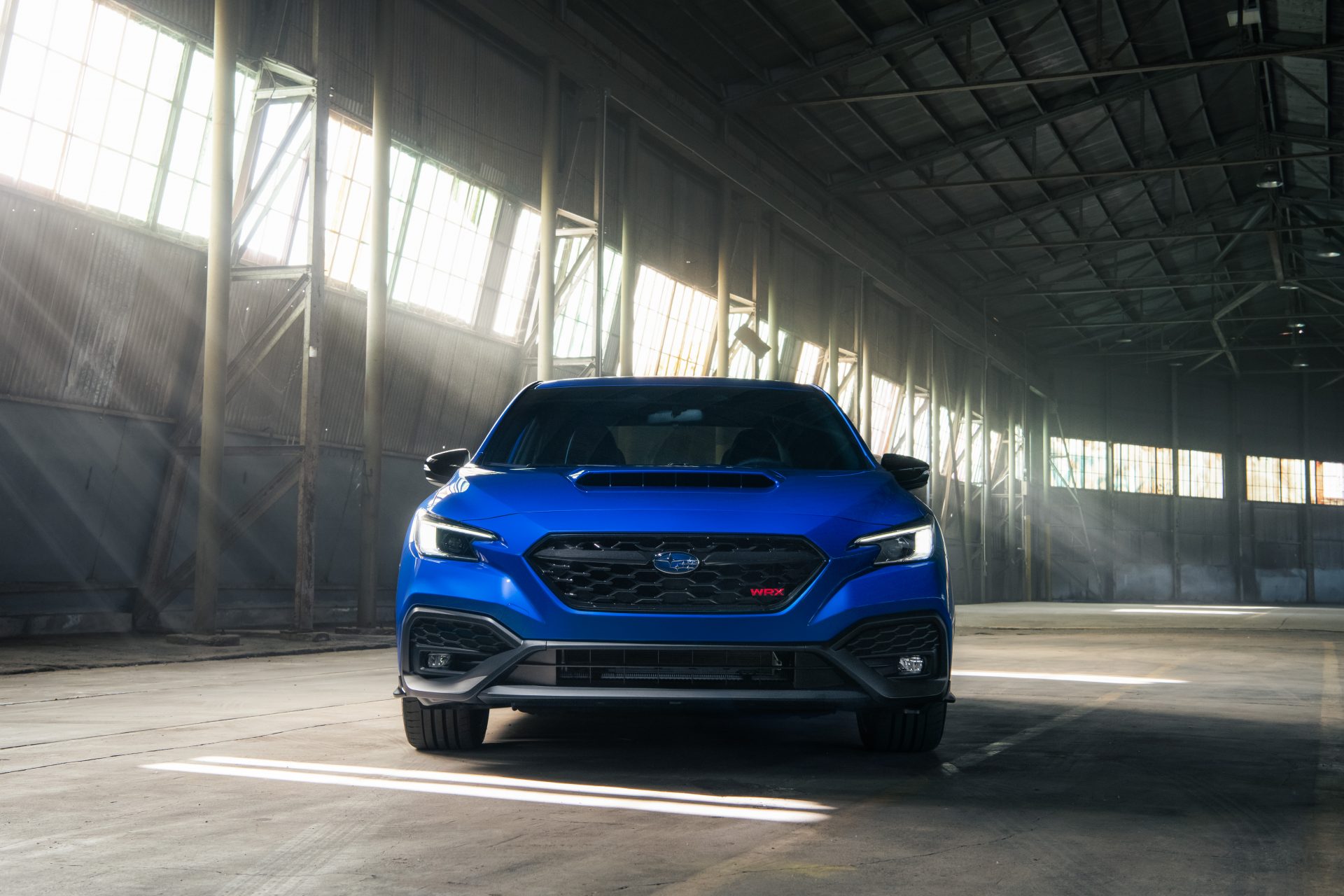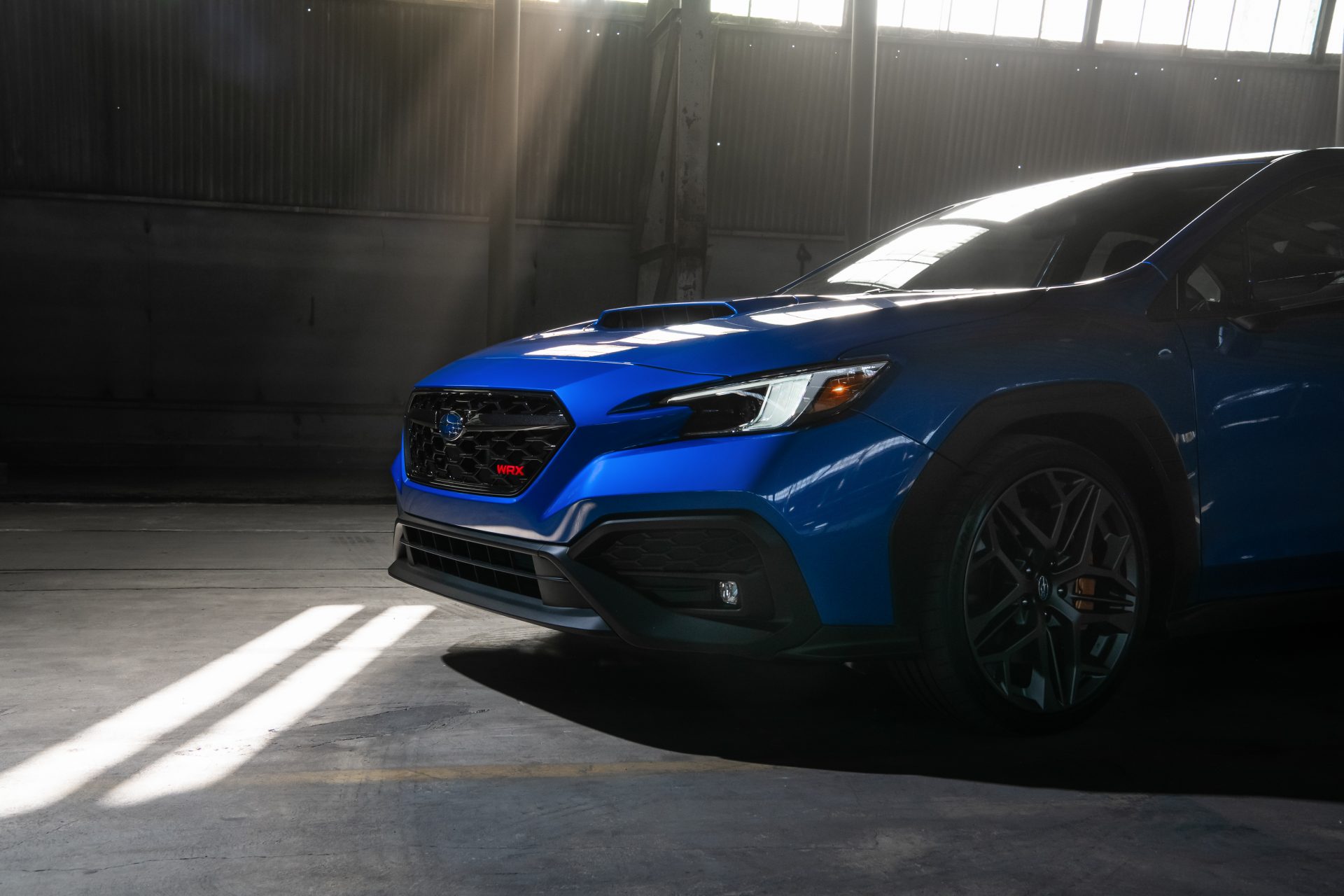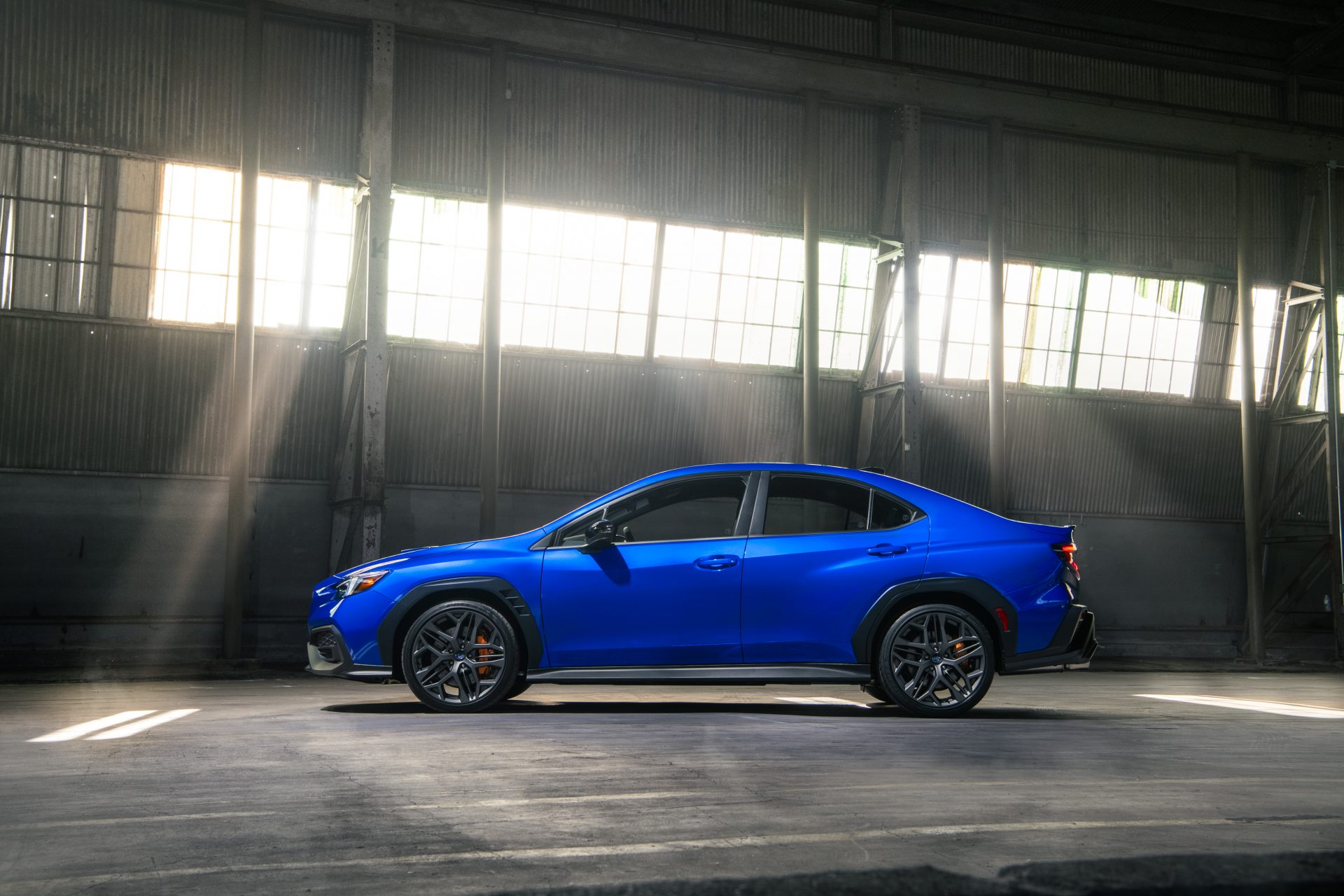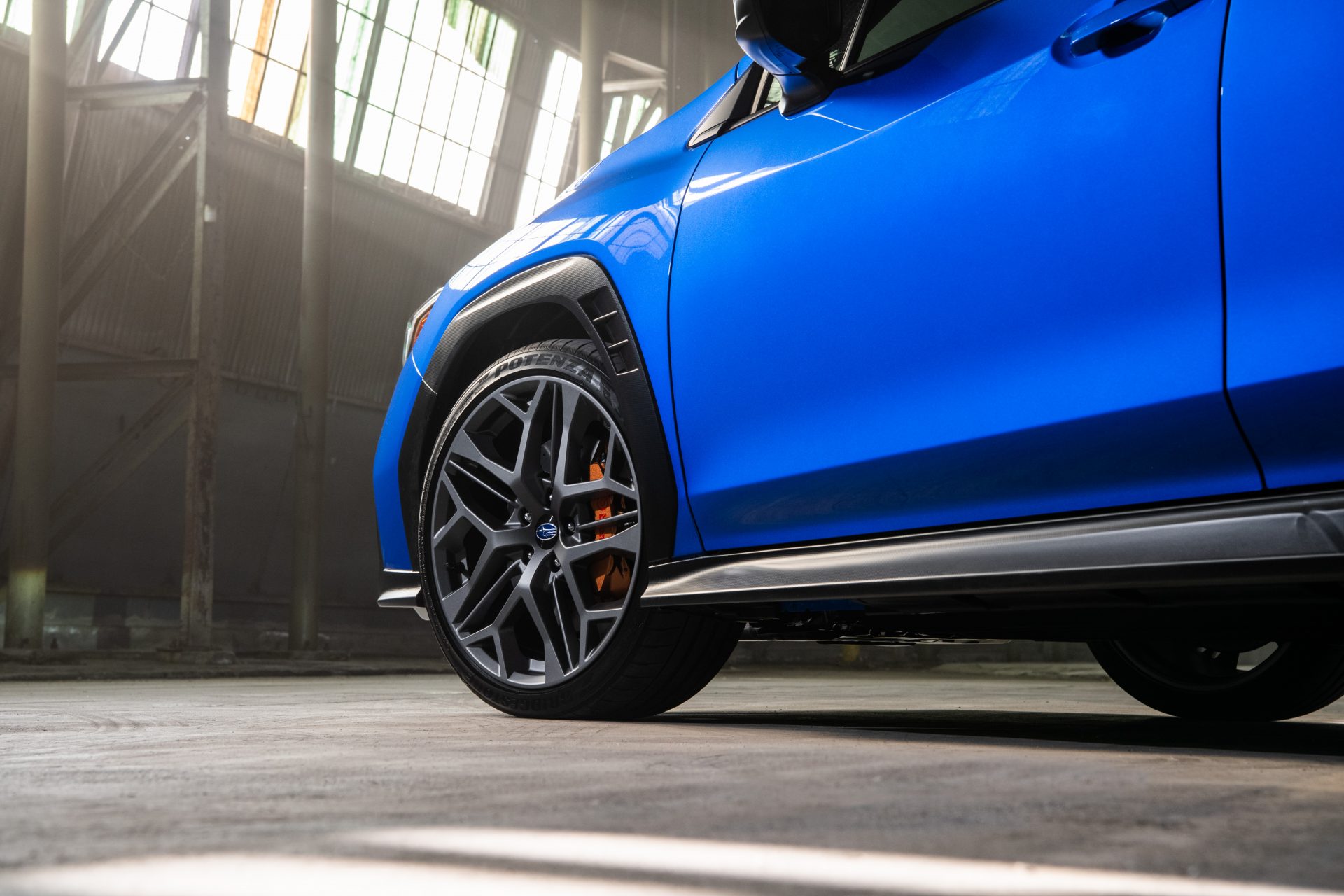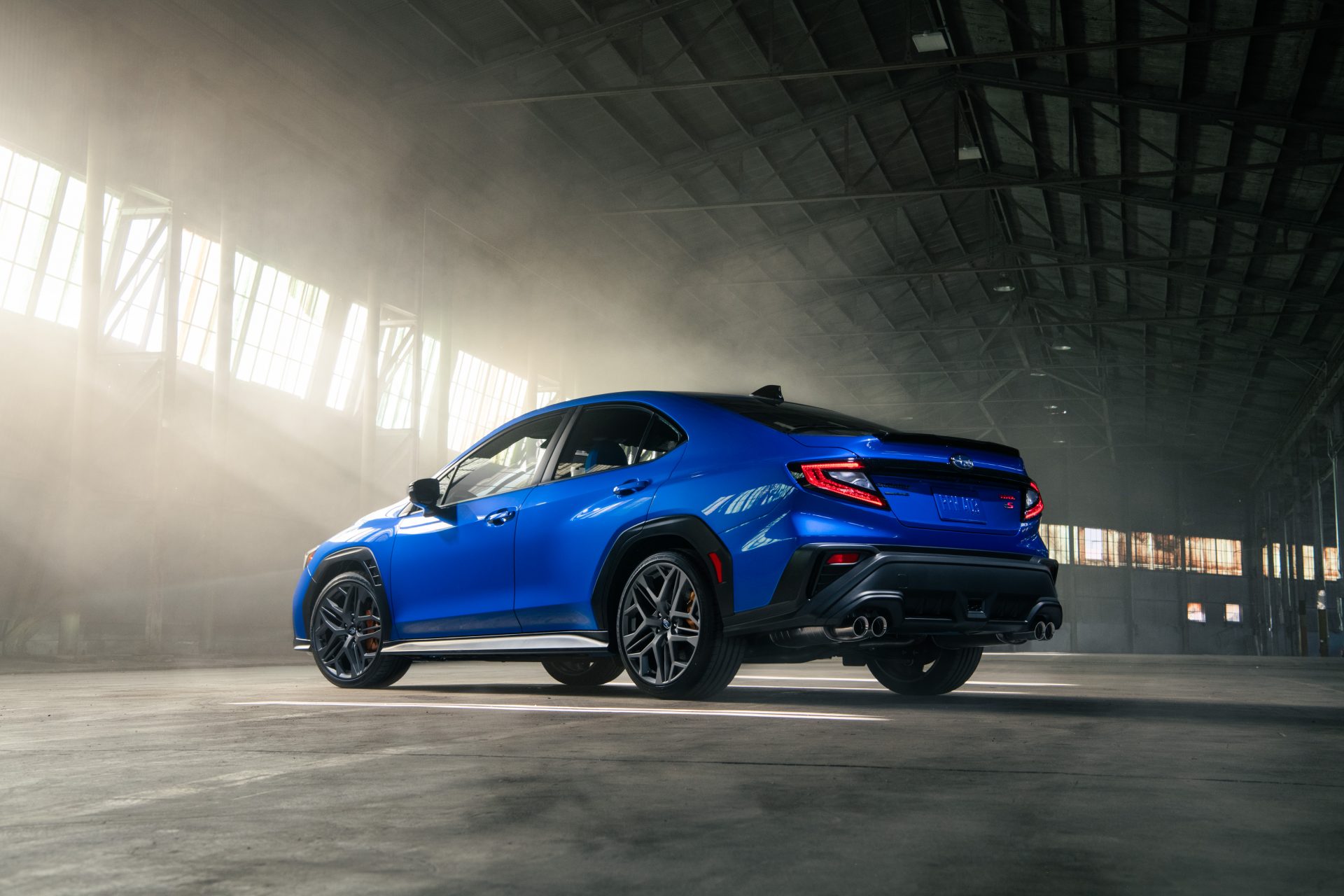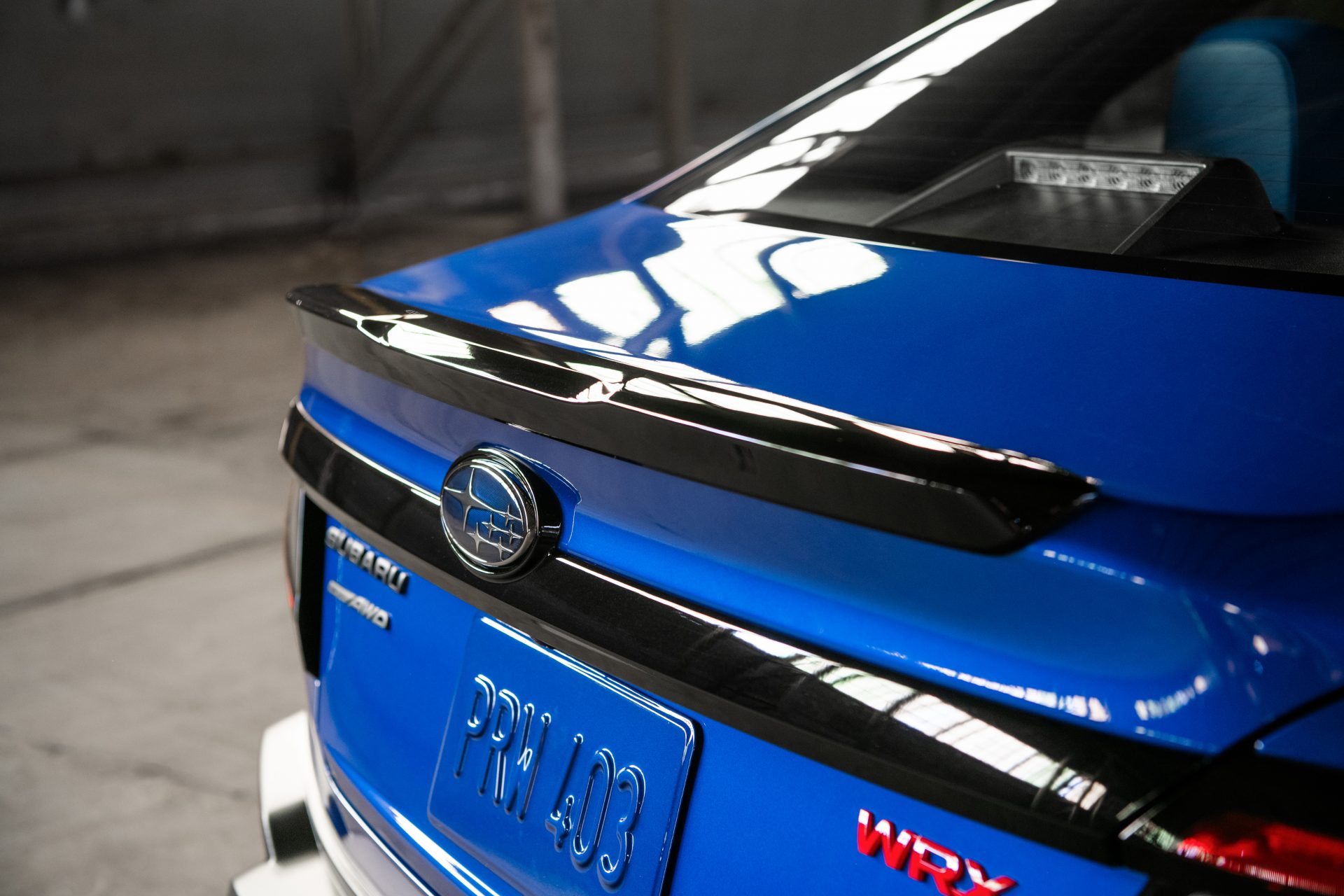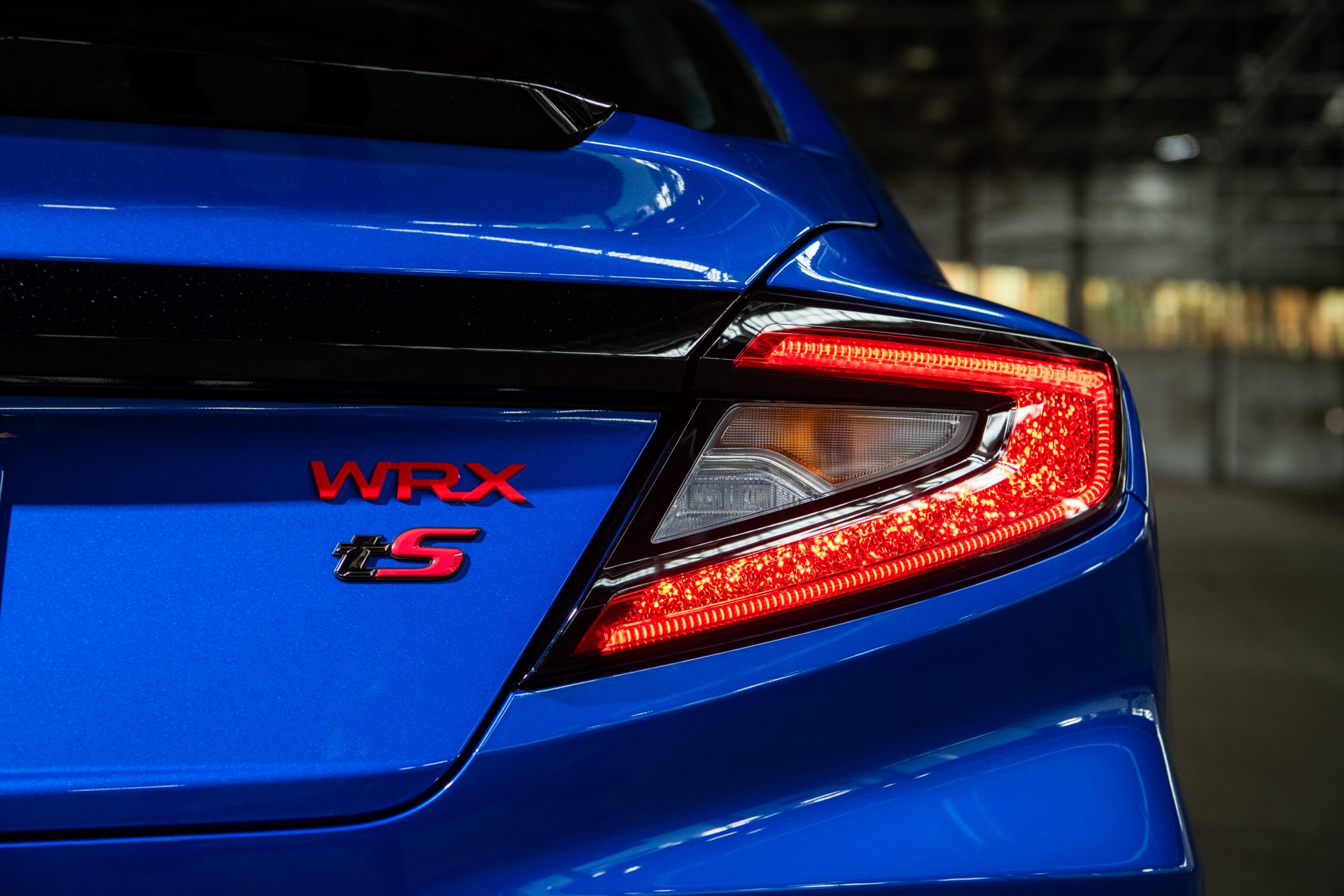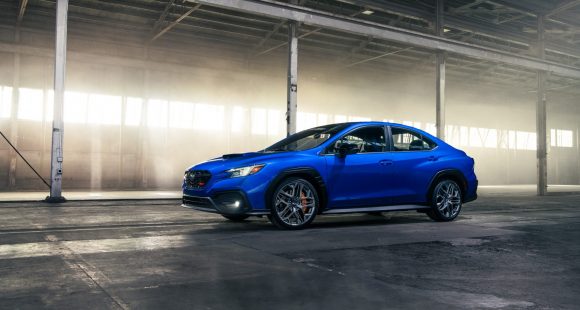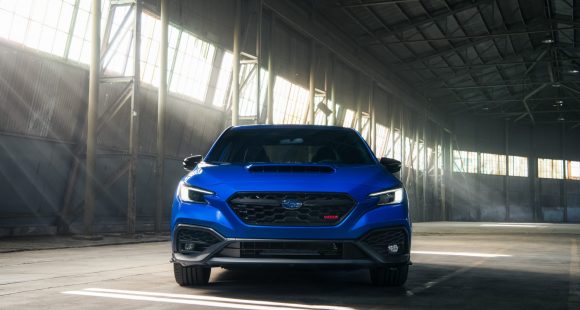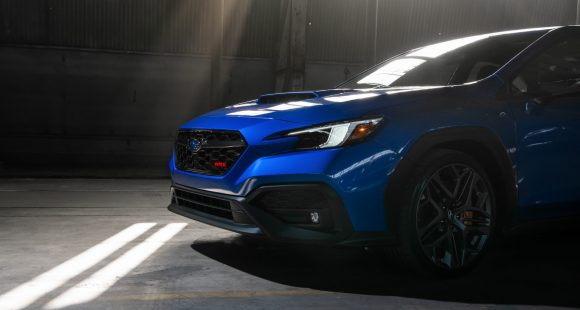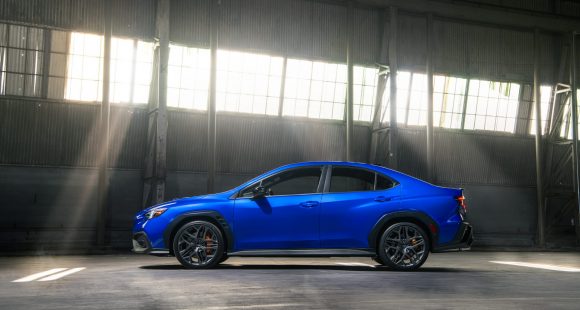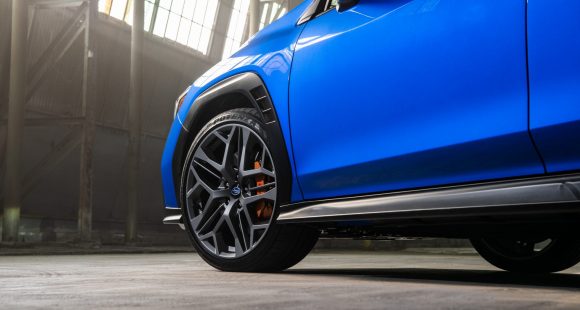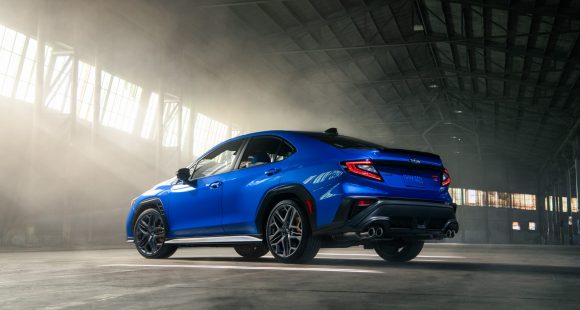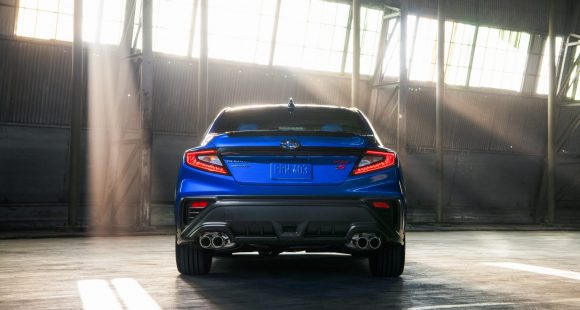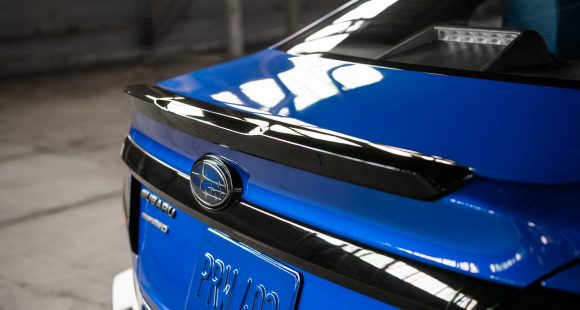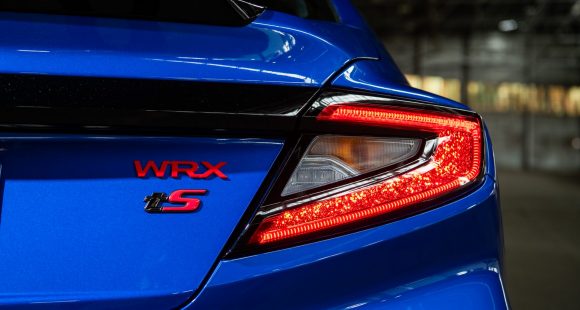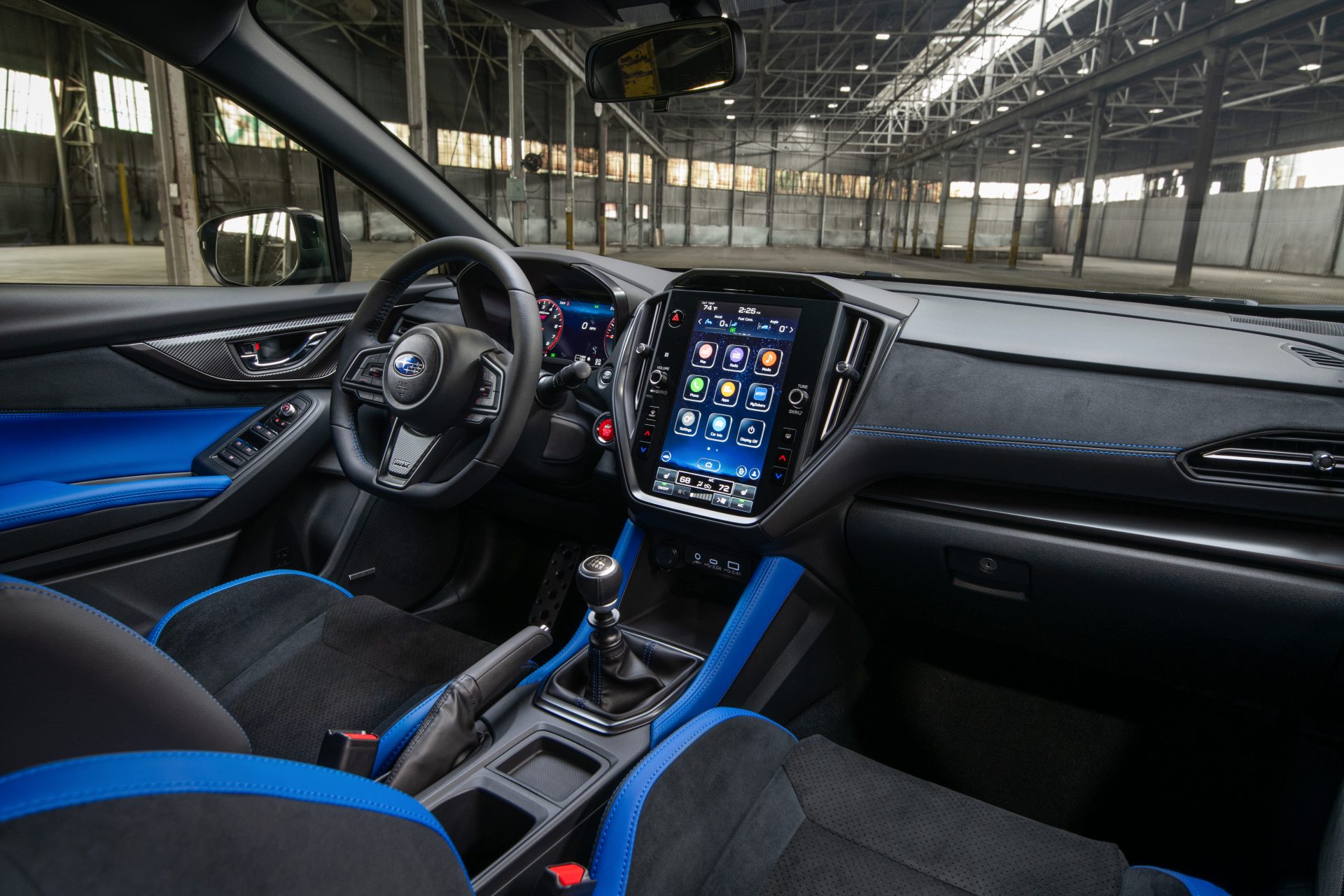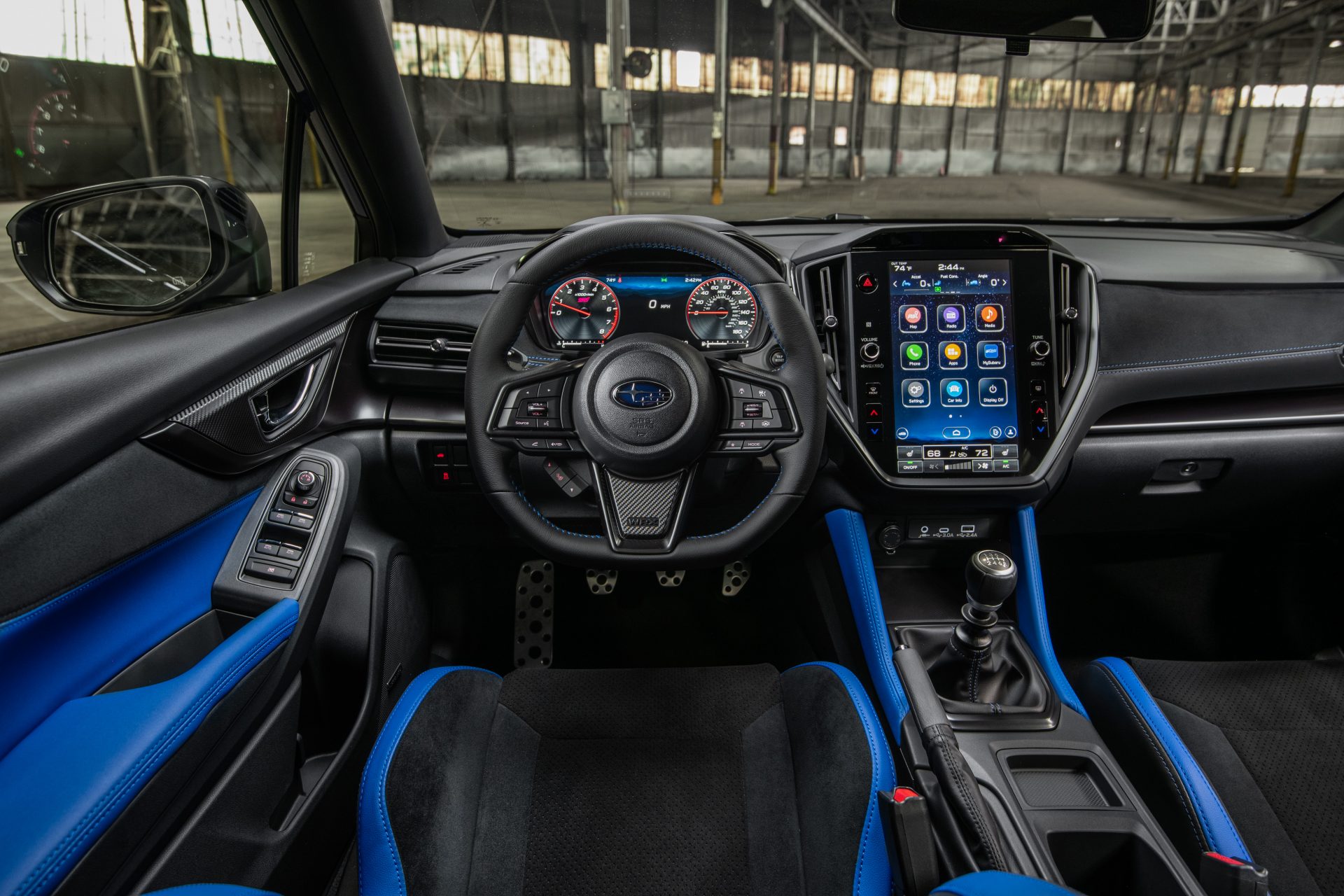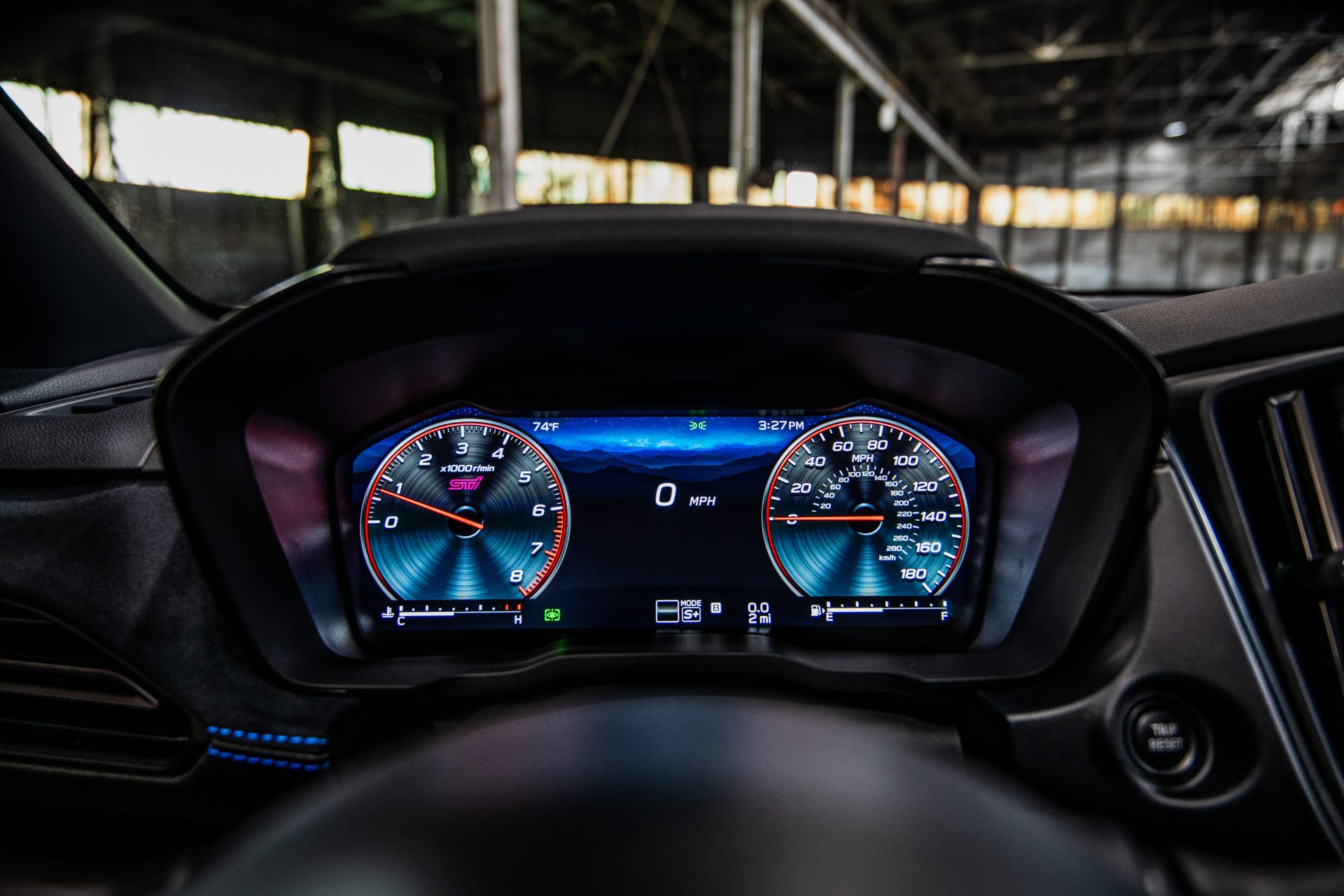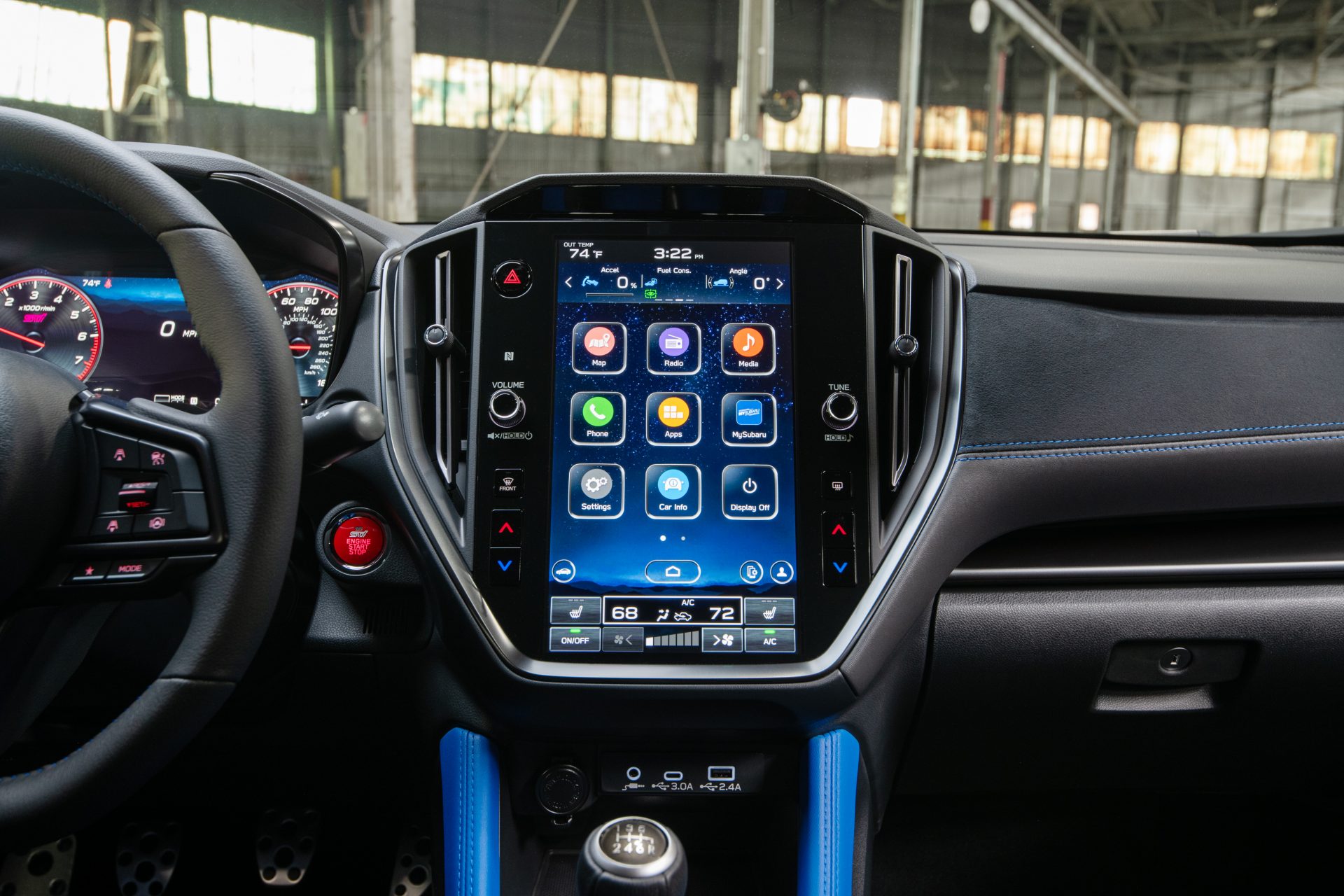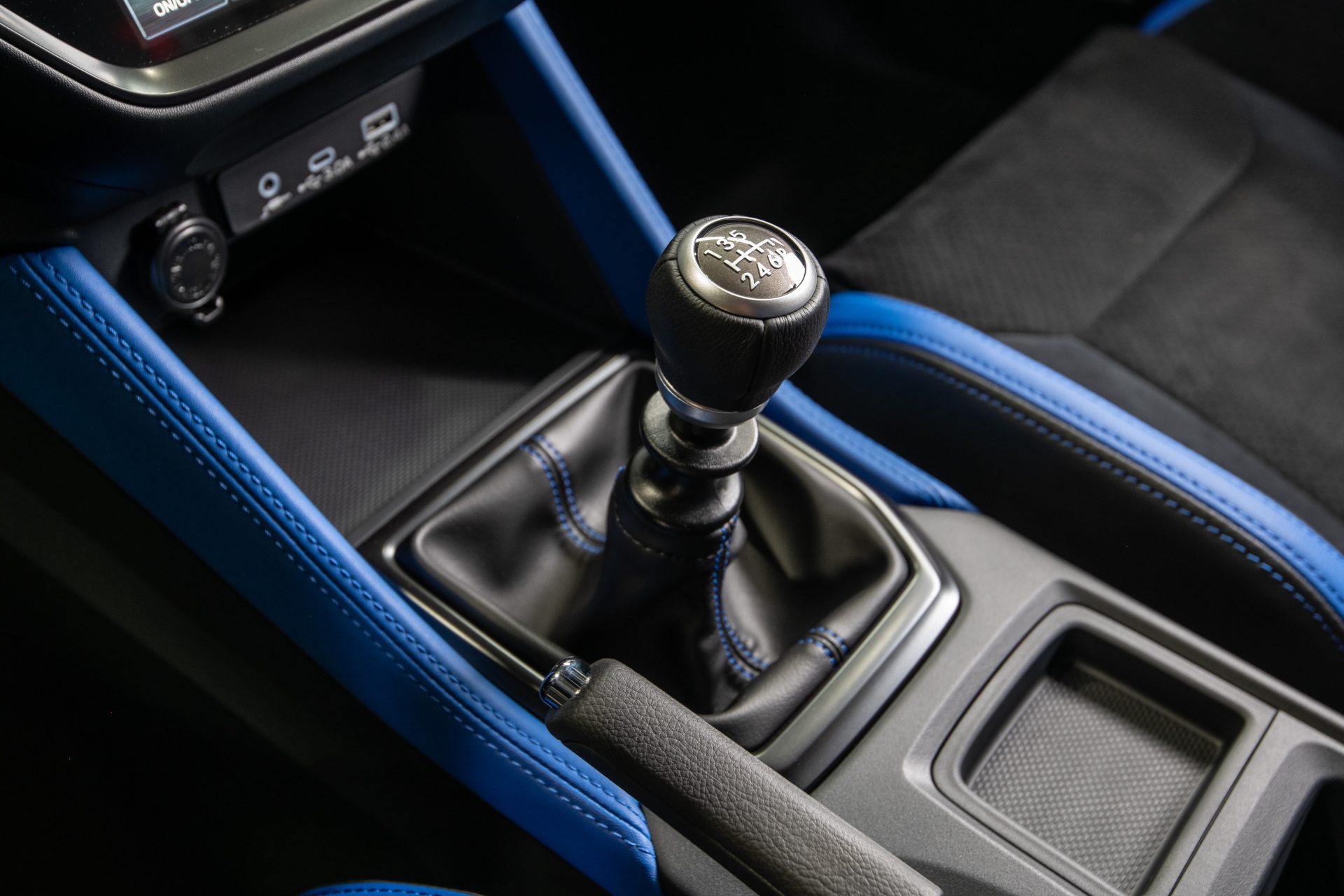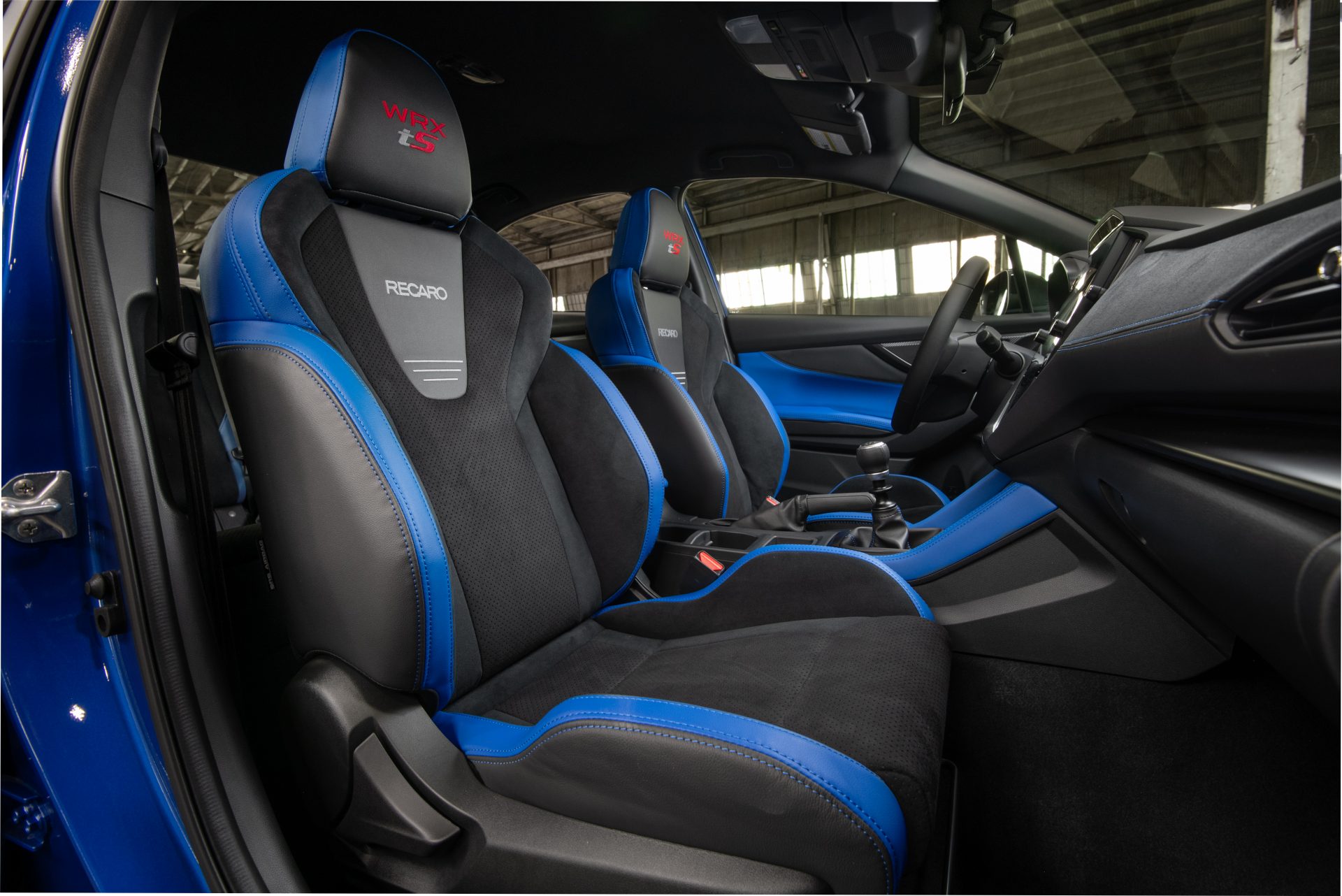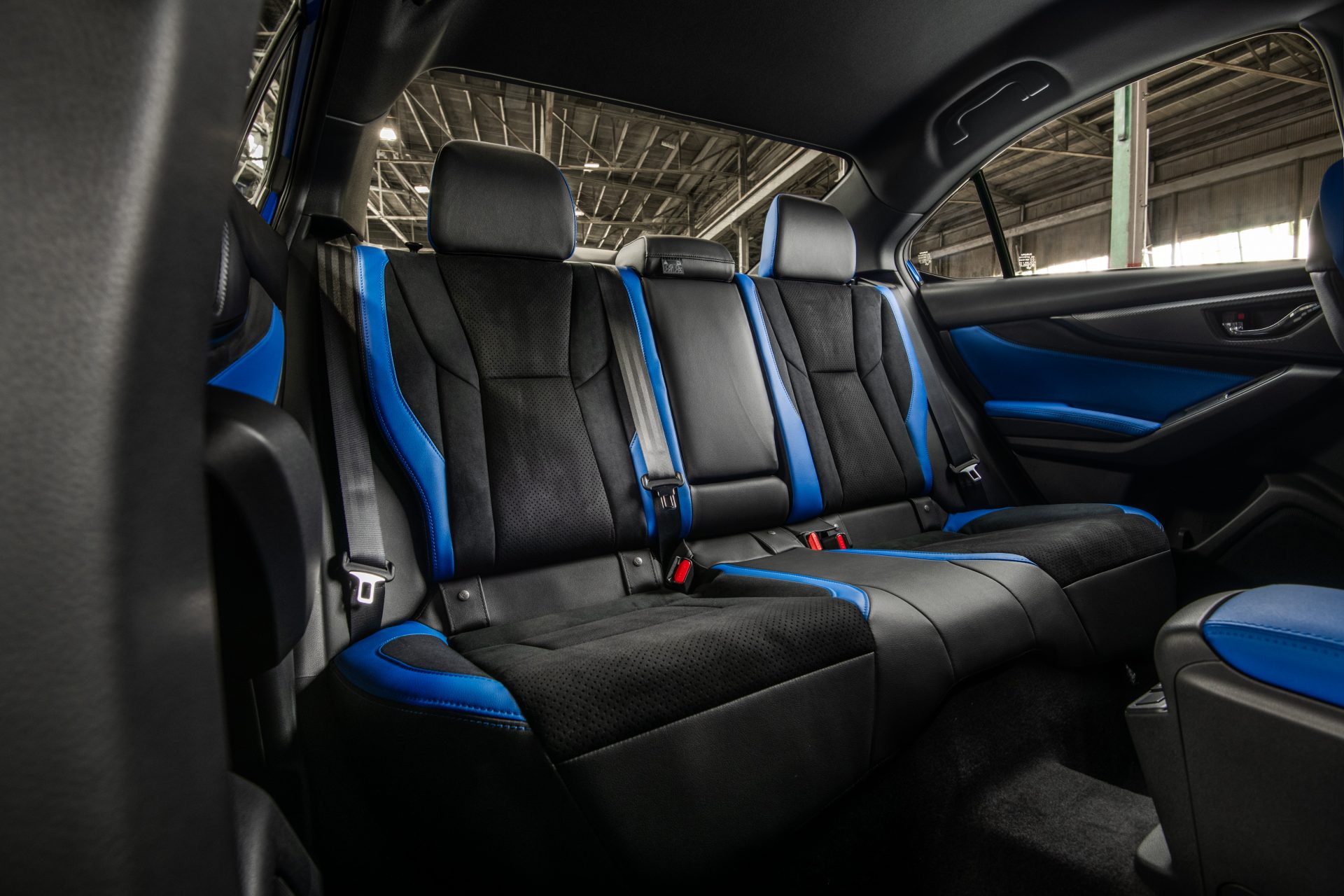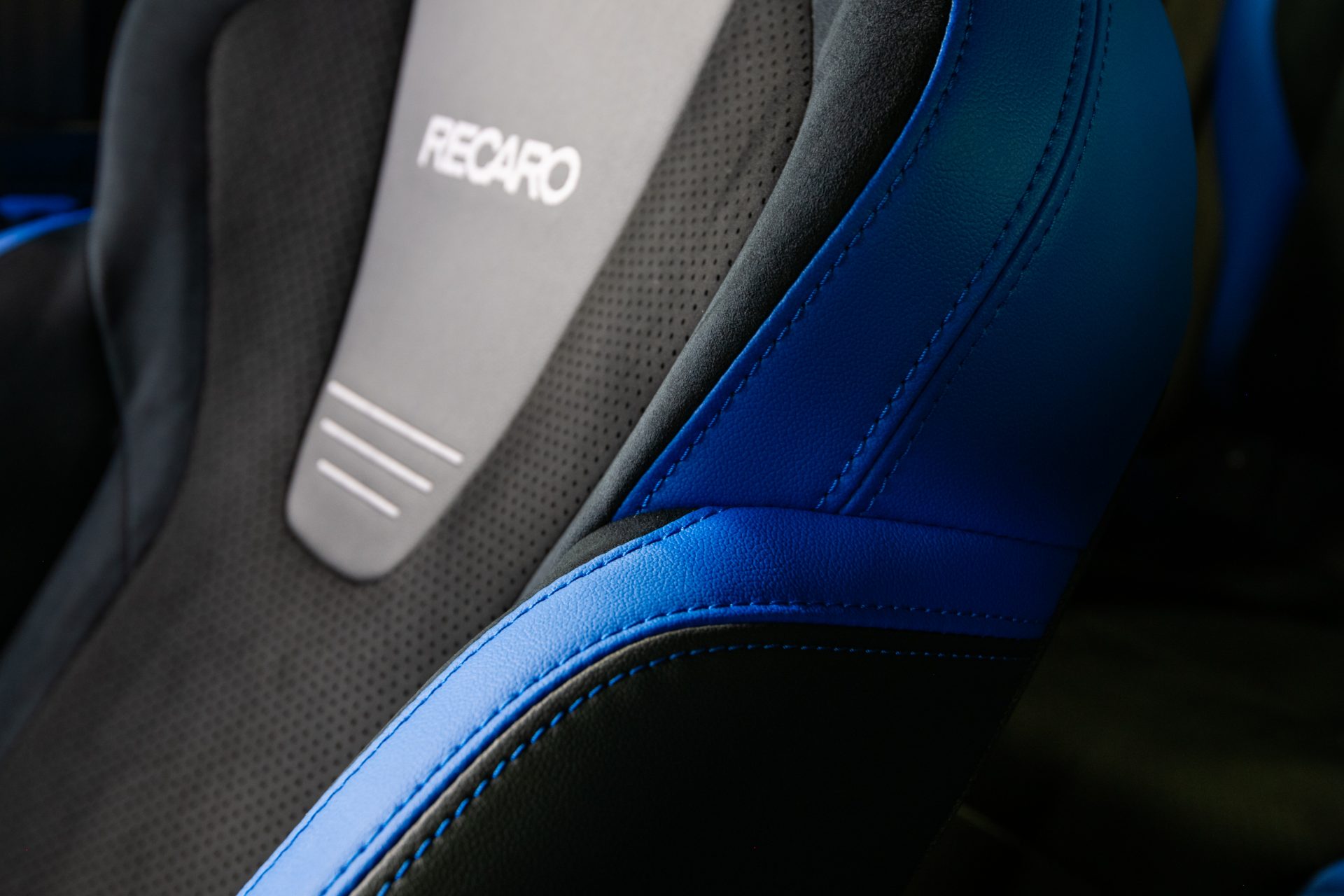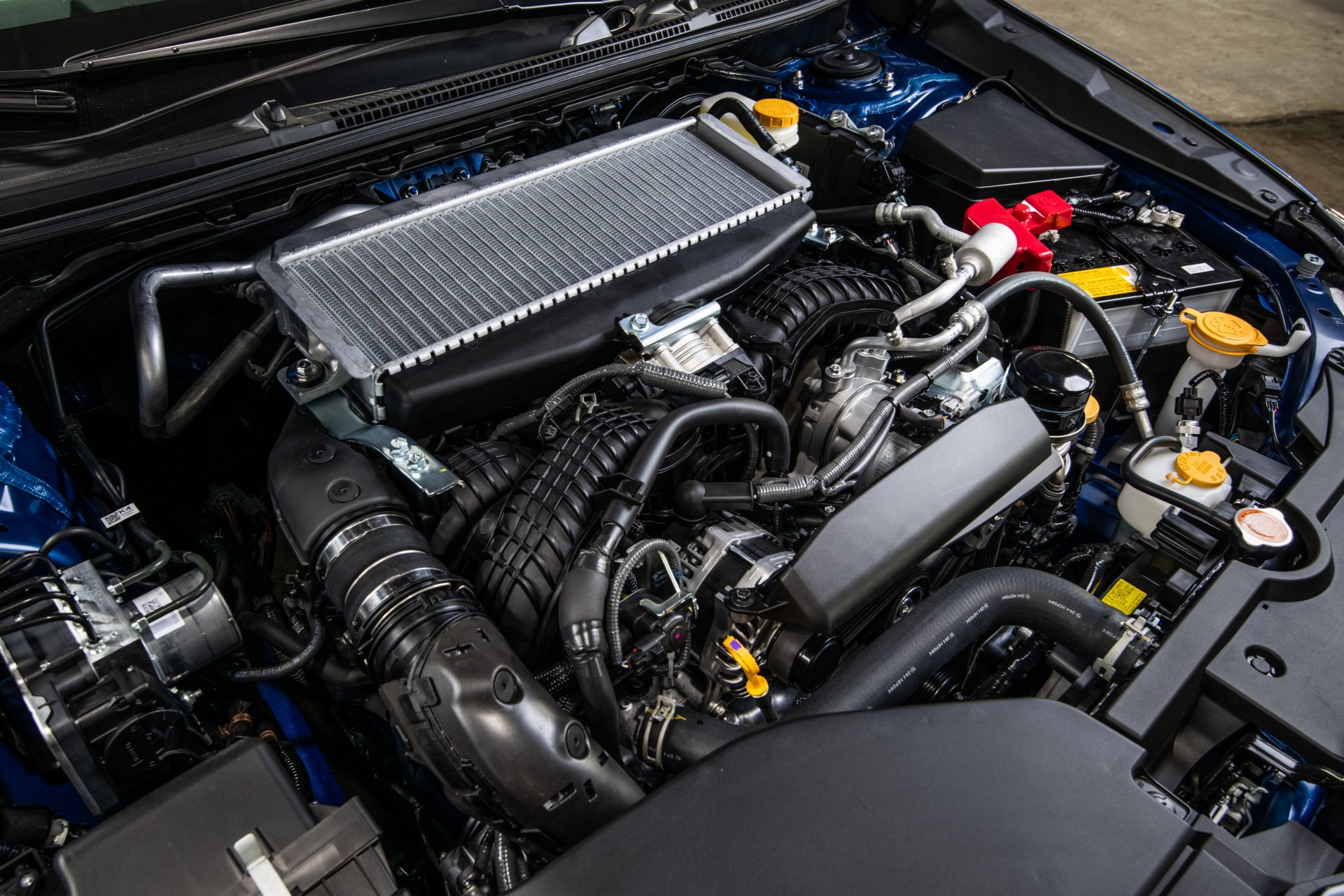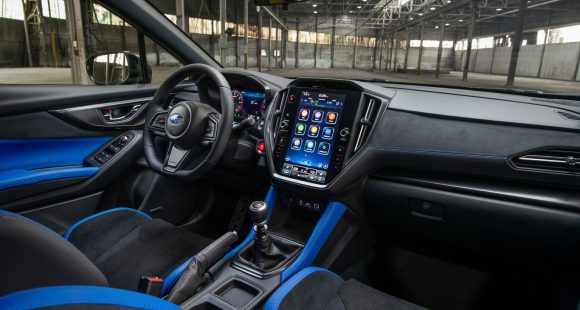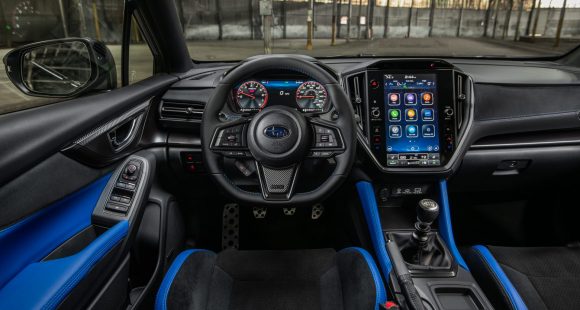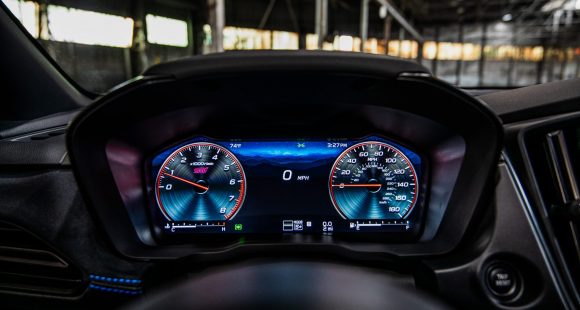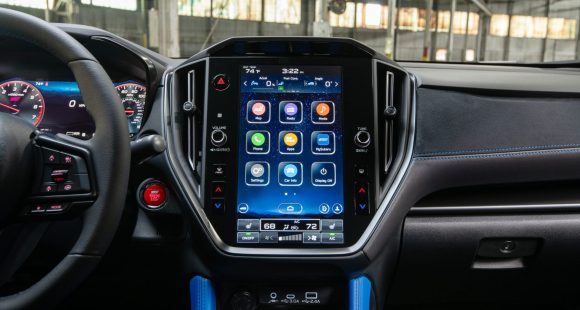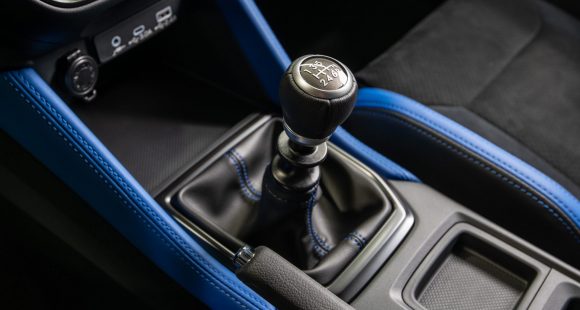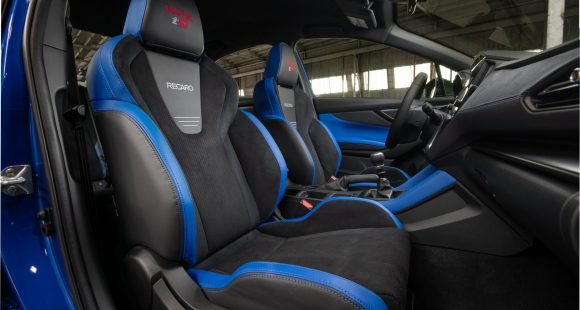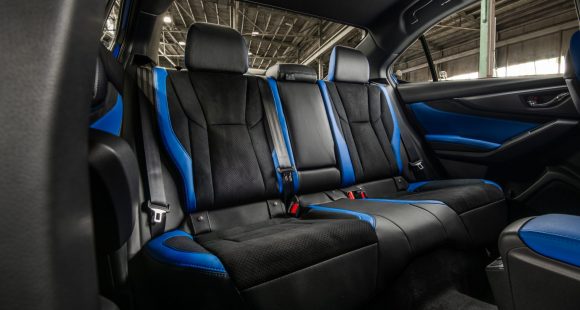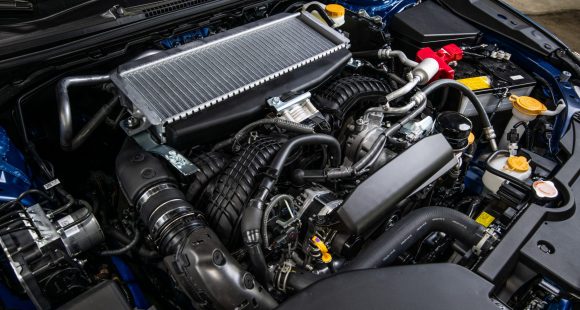2017 Kia Optima Hybrid
The euro-styled kia optima mid-size sedan has been quite a hit for the brand, and a favorite of ours here at Motorweek as well. But what most people may not realize is that the optima lineup includes a gasoline-electric hybrid. And for 2017, it gets a full redesign, encompassing all of the benefits of the optima’s new 4th generation chassis.
Kia has actually had a high mileage hybrid in the Optima lineup since 2011. And with the 4th generation of Kia’s midsizer kicking off last year, 2017 sees an all-new powertrain for this gasoline-electric. The new hybrid system consists of 2.0-liter I4, downsized from the previous gen’s 2.4-liter. But, there’s a bigger electric motor in place to aid it, 38-kW compared to last year’s 30-kW motor. Combined, horsepower is actually down from 206 to 192; but torque is much torquier, climbing from 195 lb-ft. to 271.
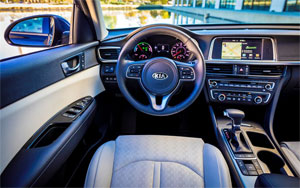 Battery size increases from 1.4 to 1.6-kWh; and as before, it’s placed under the rear trunk floor, robbing a bit of storage space, though keeping the split/folding seatbacks in play. Capacity is 13.4 cubic-ft., compared to the base sedan’s 15.9. Thankfully, the transmission is still a 6-speed auto; and there’s been no change to a CVT. Government Fuel Economy Ratings are 39-City, 46-Highway, and 42-Combined; so our average of 41.7 miles-per-gallon on Regular was just about spot on. That makes for a very good Energy Impact Score, with use of just 7.8-barrels of oil per year while emitting just 3.5-tons of CO2.
Battery size increases from 1.4 to 1.6-kWh; and as before, it’s placed under the rear trunk floor, robbing a bit of storage space, though keeping the split/folding seatbacks in play. Capacity is 13.4 cubic-ft., compared to the base sedan’s 15.9. Thankfully, the transmission is still a 6-speed auto; and there’s been no change to a CVT. Government Fuel Economy Ratings are 39-City, 46-Highway, and 42-Combined; so our average of 41.7 miles-per-gallon on Regular was just about spot on. That makes for a very good Energy Impact Score, with use of just 7.8-barrels of oil per year while emitting just 3.5-tons of CO2.
That’s a significant improvement over last gen for sure, but still short of many other hybrids out there. For those looking for more, a plug-in version with a larger battery and up to 27 miles of EV-only driving is on the way. As for daily use, the Optima hybrid makes some noises you wouldn’t hear in a typical petrol Optima, but otherwise operates with the same smooth, Euro-like demeanor. After an hour or two behind the wheel, it’s easy to forget you’re even in a hybrid. If you wish to be reminded, a new Eco-Driver Assistance System will coach you on how to get the most efficiency as possible, with prompts in the IP, as well as with audible alerts. With very good steering feel, this gen’s stiffer chassis, and the aforementioned transmission; this is one hybrid we truly enjoyed driving.
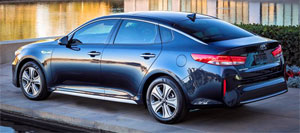 There’s good comfort in all seating positions and plenty of nice soft touch materials. EX trim comes with heated leather seats, heated steering wheel, surround sound, and navigation. Adding the Technology package will get you a panoramic sunroof, ventilated front seats, heated rear seats, and a host of safety systems including Autonomous Emergency Braking. The exterior differs little from base Optima. That’s a good thing as far as we’re concerned, as we feel the Optima is one of the best looking rides in the family sedan segment.
There’s good comfort in all seating positions and plenty of nice soft touch materials. EX trim comes with heated leather seats, heated steering wheel, surround sound, and navigation. Adding the Technology package will get you a panoramic sunroof, ventilated front seats, heated rear seats, and a host of safety systems including Autonomous Emergency Braking. The exterior differs little from base Optima. That’s a good thing as far as we’re concerned, as we feel the Optima is one of the best looking rides in the family sedan segment.
But, nothing is for free, as there’s always a price to pay. Here, it starts at $26,890 in Premium trim, or about a grand less than the stingier Toyota Camry Hybrid. Optima Hybrid in EX trim, at $31,885, is about 5-grand over a standard non-hybrid Optima.
The 2017 Kia Optima may come up short when it comes to absolute fuel economy. But, much like the Ford Fusion Hybrid and Chevrolet Malibu Hybrid, it offers handsome styling, and a traditional sedan feel, that many other modestly priced hybrids can’t match, plus, it adds a unique driving experience that’s clearly European in flavor. So, don’t look at the Optima Hybrid as the ultimate hyper-miler’s choice, but a more efficient option for those looking for a roomy, great looking, fine driving car.
Specifications
- Engine: 2.0-liter I4
- Horsepower: 192
- Torque: 271 lb-ft.
- EPA: 39 mpg city / 46 mpg highway
- Energy Impact: 7.8 barrels of oil/yr
- CO2 Emissions: 3.5 tons/yr
2025 Subaru WRX tS
Subaru’s “World Rally eXperimental” Gets Tecnica-Tuned Tech
Building on its global rally heritage, WRX has been a standalone Subaru nameplate, marketed separately from garden variety Impreza, for two generations now. And while the current WRX still lacks the full STI treatment, this WRX tS serves up some of that high-performance spice we’ve been longing for.
Before we go flat out into our Track Test of this 2025 Subaru WRX tS, lets open the Subaru dictionary so we’re all on the same page. “tS” stands for “tuned by STI;” and “STI” is an acronym for “Subaru Tecnica International,” the brand’s high-performance sub-group best known for upgrading the WRX— oh, that stands for “World Rally eXperimental,” in case you didn’t know.
All that said, STI has been largely dormant for this WRX generation, but this tS sprinkles more of their engineering magic into the mix. No, that doesn’t mean extra power, but does mean significant chassis-related improvements.
First, electronically controlled dampers, adjustable through the 11.6-inch tablet-style infotainment screen. That meant a softer “comfort” mode on the 10+ hour commute to and from Savannah’s Roebling Road Raceway. But once we were there, it was the firmer “Sport+” setting all the way, heightening response from the WRX’s throttle and already quick dual-pinion power steering system. There’s still some body roll for rally-esque weight transfer, but it’s well sorted and provides the “toss-ability” you want in a WRX.
Though if you do autocross your tS, which we implore you to do, you might feel the six-piston front, two-piston rear Brembo brakes first. The bite is strong, giving good rotation in the corners and plenty of “halt” for this 3,400 lb. compact with minimal fade, keeping us on track all week…until some unfortunate winter weather passed overhead. No worries here, as Subaru’s Symmetrical All-Wheel-Drive system got us to the track for some powdered deserts: Frosted donuts served up Michelin style, a set of winter tires different from the grippy Bridgestone Potenza S007 rubber the tS typically rides on. Some prior hot laps of California’s Sonoma Raceway gave credence to those Bridgestones, and showed us what this hot-compact can do in ideal conditions.
It’s well sorted and provides the “toss-ability” you want in a WRX.
Other tS enhancements are cabin-based, namely these beautiful blue Recaros. Most of our staff appreciated their moderately-aggressive bolstering on both street and track. And they’re even heated, too. Another tS-only appointment is this 12.3-inch digital gauge display. It mimics the standard analog gauges with some additional info, but can switch to a navigation mode for more convenient route guidance.
We do wish our tS came in the new Galaxy Purple or the trademark World Rally Blue, but this Crystal White paint wasn’t too shabby, contrasting its Cherry Blossom Red badging and blacked-out lip spoiler. Otherwise, the tS is like any other WRX, down to the hood scoop funneling air to the top-mounted intercooler.
Underneath is the same turbocharged 2.4-liter flat-four in all other trims, boxing at 271 horsepower and 258 lb-ft of torque. The freak winter weather stopped straight-line testing, but a 0-60 time estimate of 5.5 seconds is about as spry as you realistically need, pulling strong through most of the tach; though the 6,000 RPM redline required attentive shifting of the six-speed box, which the tS comes exclusively with. The throws are precise, if a little long, and the clutch is wonderfully weighted.
With discontinuation of the Base trim, pricing for the WRX now starts with Premium at $36,920. The tS is at the top of the lineup with the automatic-only GT, both starting at $46,875. All WRXs continue to be made in Gunma, Japan.
If you’re an enthusiast itching to do the tuning yourself, perhaps the 2025 Subaru WRX tS is not for you. But if you want a plug-and-play experience, this is it. While it won’t exactly bestow the loose-cannon, top-level driving skills exhibited by famous WRC drivers upon you, the tS moves this WRX’s game in a direction we’ve so desperately wanted Subaru to take.
Specifications
As Tested
- Engine: 2.4-liter flat-four
- Tranmission: 6-speed manual
- Horsepower: 271
- Torque: 258 lb-ft







